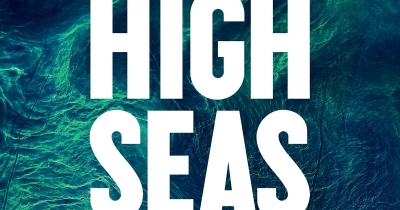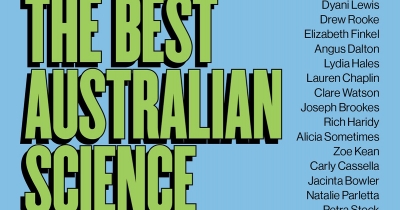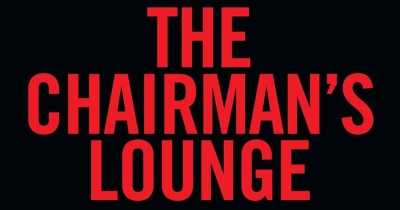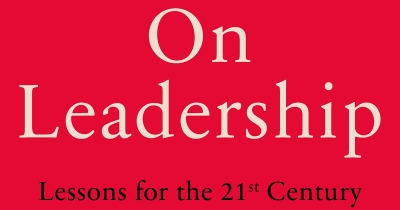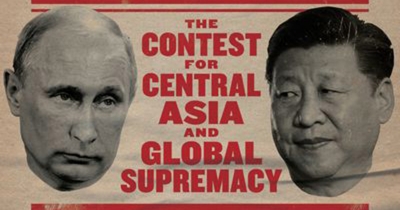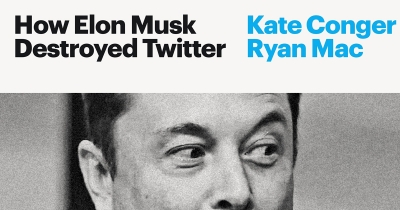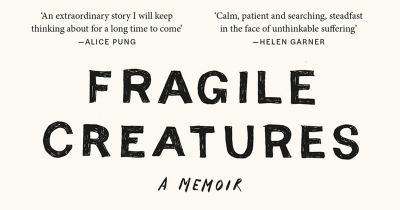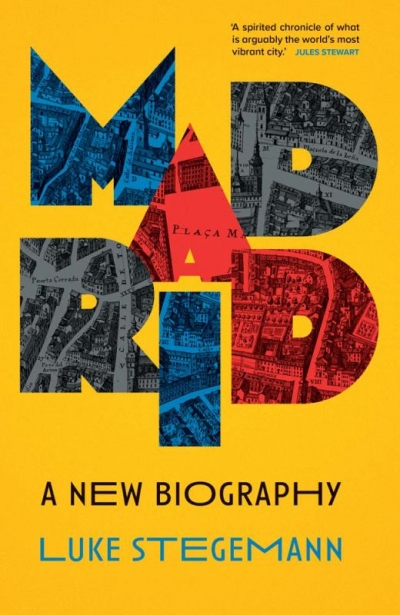Review
The High Seas: Ambition, power and greed on the unclaimed ocean by Olive Heffernan
by Killian Quigley •
The Best Australian Science Writing 2024 edited by Jackson Ryan and Carl Smith
by Diane Stubbings •
On Leadership: Lessons for the 21st century by Tony Blair
by Gordon Pentland •
Great Game On: The contest for central Asia and global supremacy by Geoff Raby
by Nick Hordern •
Character Limit: How Elon Musk destroyed Twitter by Kate Conger and Ryan Mac
by Matthew Lamb •
No Autographs, Please!: A backstage pass to life in the chorus – the stars who take their bow from the second row by Katherine Wiles
by Michael Halliwell •
Seven Children: Inequality and Britain’s next generation by Danny Dorling
by Francesca Newton •

